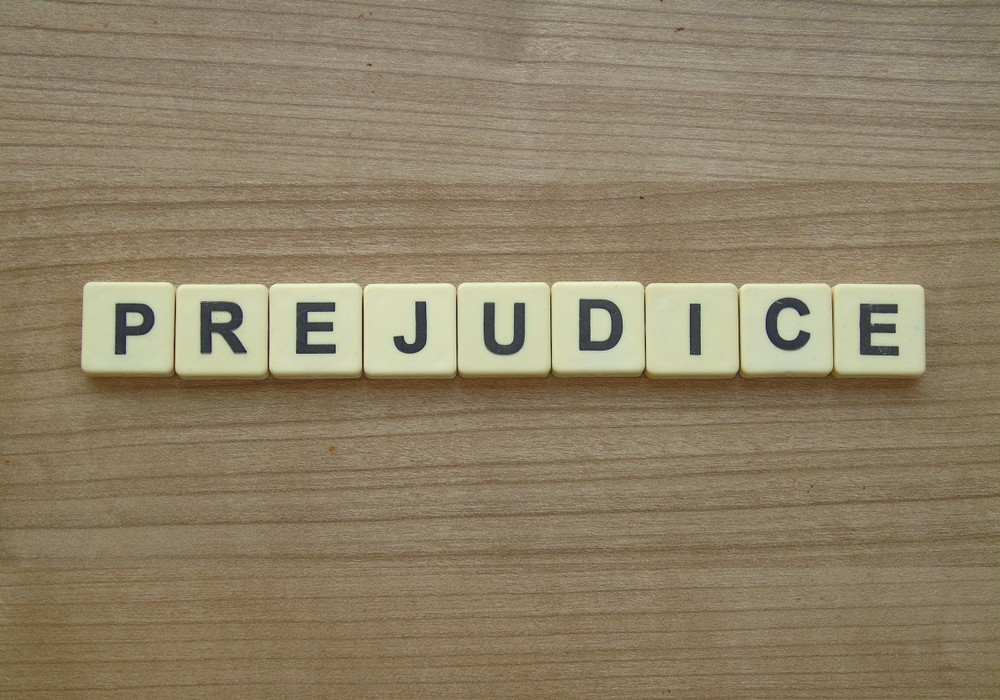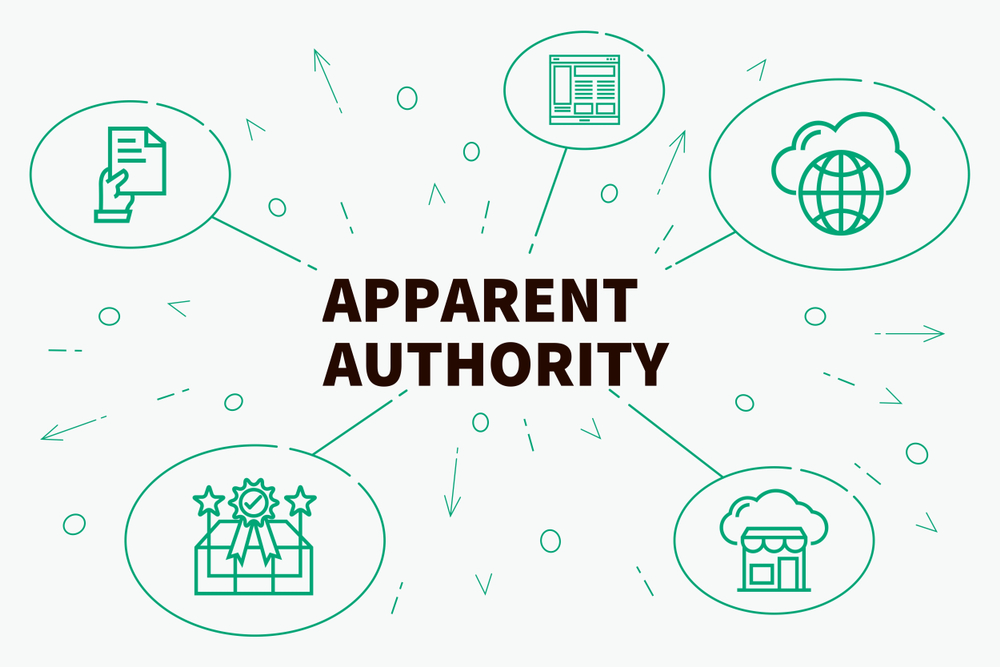Dismissal Without Prejudice does NOT Trigger Attorney’s Fees under Proposal for Settlements
When it comes to proposal for settlements from a defendant, there is both good news and bad news. If a defendant serves a proposal for settlement, and the case is dismissed without prejudice, the good news is that the defendant is dismissed. The bad news is that the dismissal without prejudice will NOT trigger the defendant’s right to obtain attorney’s fees pursuant to the proposal for settlement. In Annesser v. Innovative Service Technology Management Services Inc., 47 Fla.L.Weekly D1738a (Fla. 3d DCA 2022), a defendant served a proposal for settlement after being served with the complaint. The defendant moved to dismiss...
Continue reading













